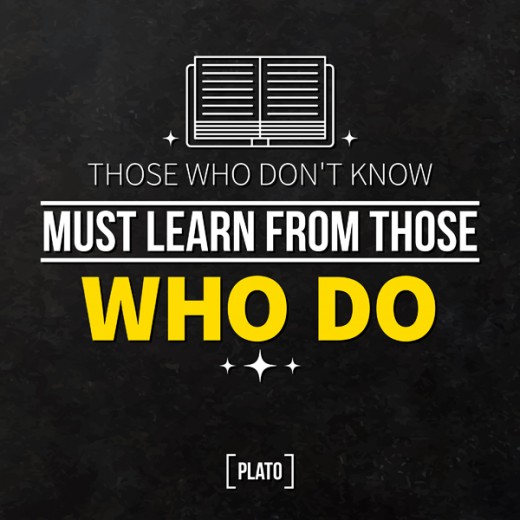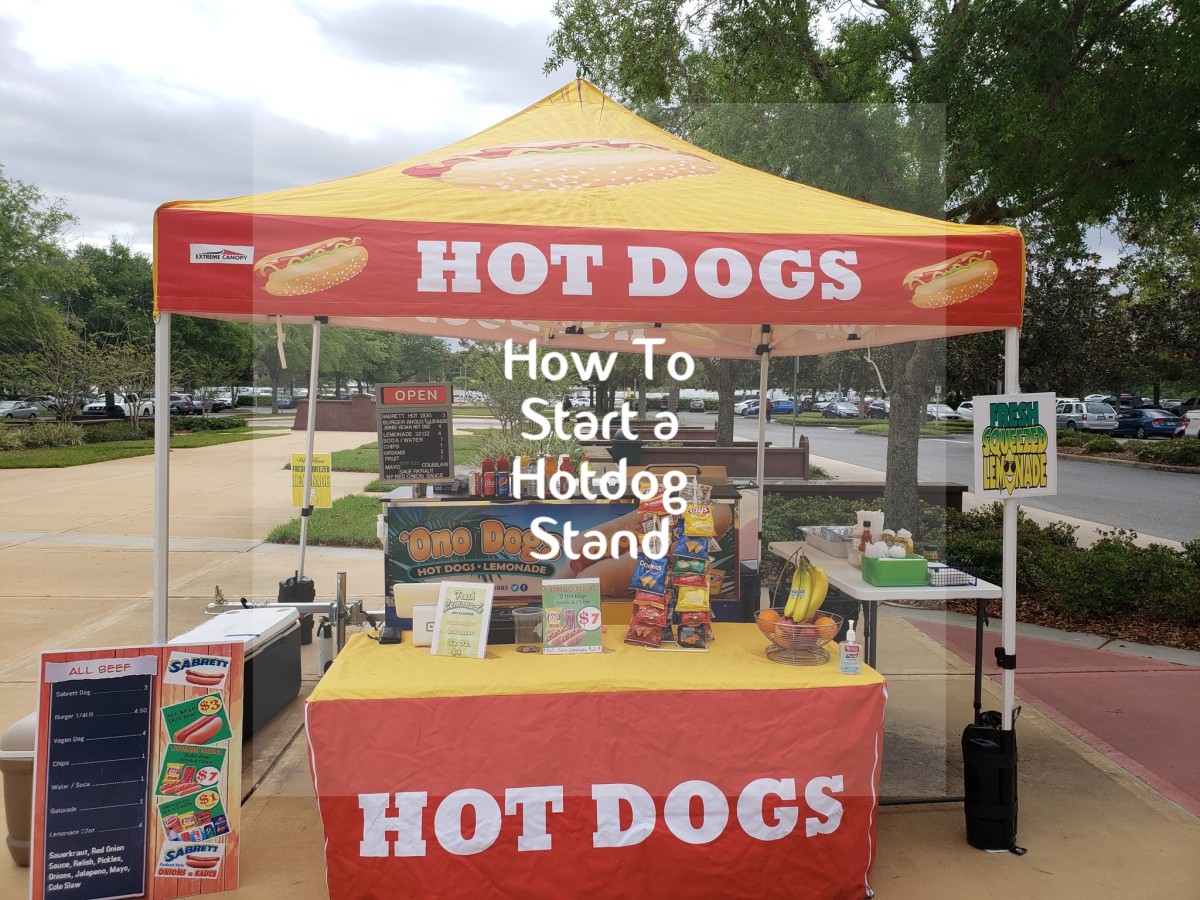Mastering Negotiation Skills the Ivanka Trump Way
Practicing Negotiation Skills Makes Perfect
Simply memorizing Ivanka Trump’s rules for successful negotiations won’t make you a skilled negotiator overnight; mastering negotiation skills only comes with practice. This practice might be done during “live” negotiations in many different business scenarios – from discussing the details of a business lease to negotiating compensation packages (your own or a star player you want to land), vendor contracts, royalties, pricing and a plethora of other details.
This practice might be acquired on the fly, but you can also practice up in advance of a big negotiation. For instance, get someone to role play various negotiation scenarios with you. Not only will it help you prepare for possible developments, it can also help you discover which points you will or won’t give way on (which is rule number one in our list of how to negotiate the Ivanka Trump way).

You do not get what you want; you get what you negotiate."
— Harvey Mackay
4 Keys to Mastering Negotiation Skills the Ivanka Trump Way
1. Know What You Want, What You Can Live With and What You Can’t Live Without
By its very nature, negotiations rarely end in either party getting everything they wanted; if it were possible, negotiating was probably not necessary to begin with. However, in successful negotiations, both parties can walk away with what they wanted most, or even most of what they wanted. Before negotiations commence, do your homework! Make a list of
- All of the things you want to gain
- Which are most important
- Which are deal-breakers (without which you will walk away)
As negotiations play out, stick to your guns; or, in this case, your list. If you aren’t prepared to walk away, your position is weaker from the outset. In addition, think about what opposing parties are likely to ask for and decide ahead of time where you can afford to give way in order to get those things which are higher priorities for you.
2. Listen More, Talk Less and Give First
All parties in a negotiation have objectives. Instead of pleading your case or arguing your point or taking anything off the table, listen. Discover what is most important to the other party and try to find a way to give them something important – it will make asking for and getting something that is important (to you) much easier.

3. Don’t Underestimate the Human Element
Negotiating in person precludes the dehumanization that can occur when a back and forth occurs via conference call, email, letter or other remote formats. If less than 10 percent of communication is verbal, being able to observe and interpret non-verbal cues is essential, especially when the outcomes of a negotiation are critical. Likewise, it’s important to remember that you are sending non-verbal signals during negotiations as well; you can avoid those signals that might send a message you don’t want to communicate and you can even use body language to your advantage. Examples of non-verbal communication that commonly occur during high-stress situations, such as negotiations, include:
- Establishing rapport by mirroring body language
- Interpreting “closed” body language signals like folded arms or leaning far back
- Nodding to show agreement or disagreement
- Maintaining (or breaking) eye contact
- Fidgeting or wringing your hands
- Leaning or turning toward or away from someone
- Smiling and looking relaxed and non-aggressive
- Showing pain or pleasure in your facial expression
- Appearing impatient, bored or distracted
- Invading someone’s personal space
Even what you do with your hands can send signals you did not intend; for instance, covering your mouth or eyes could signal dishonesty or disingenuousness and rubbing your face or head communicates anxiety.
4. Don’t Be in a Hurry
How quickly you speak or respond can communicate that you’re not fully considering what they’ve had to say. Merely slowing down and taking some time in silent reflection gives you time to better-evaluate what you want to say next and reinforces the idea that you are truly listening to the other party.
What About You?
How many times did you need to use your negotiating skills over the past 12 months?
The next time you find yourself in a negotiation, remember it’s not a win-lose situation (or at least it shouldn’t be). Above all, successful negotiations are those in which all parties walk away feeling as though they achieved something that was important to them – something that is far more likely to occur when you take time to practice, mastering negotiation skills the Ivanka Trump way.
© 2016 Elizabeth Kraus








